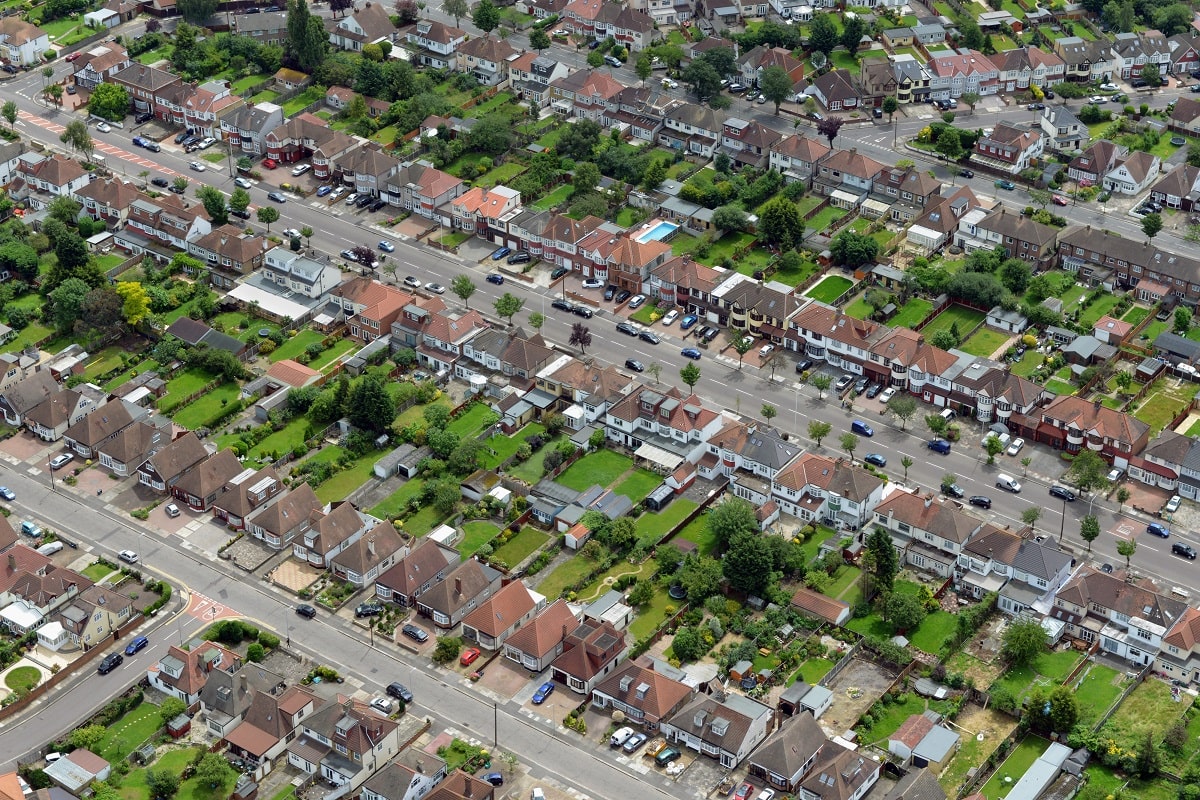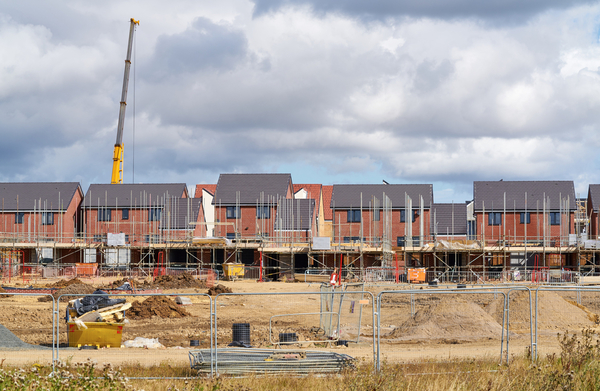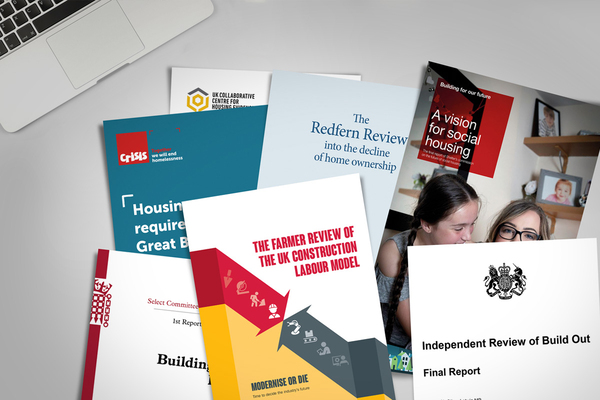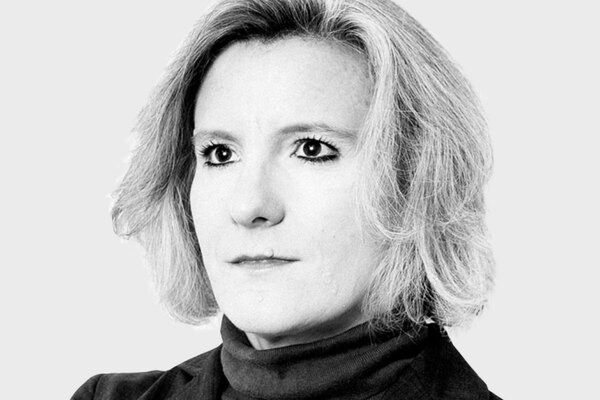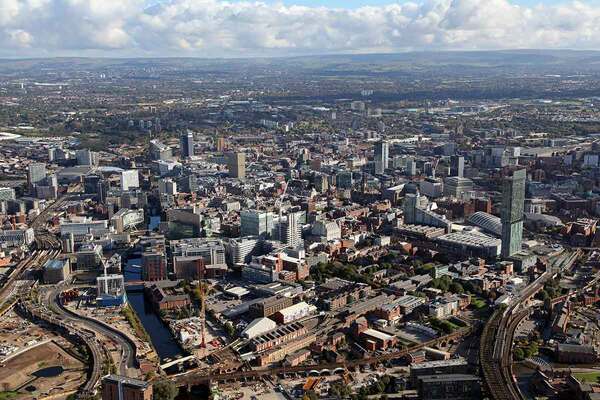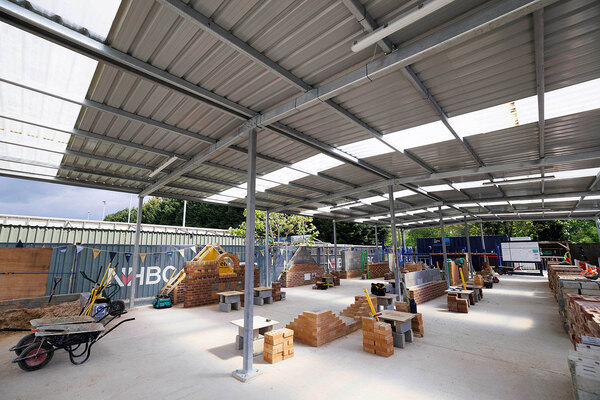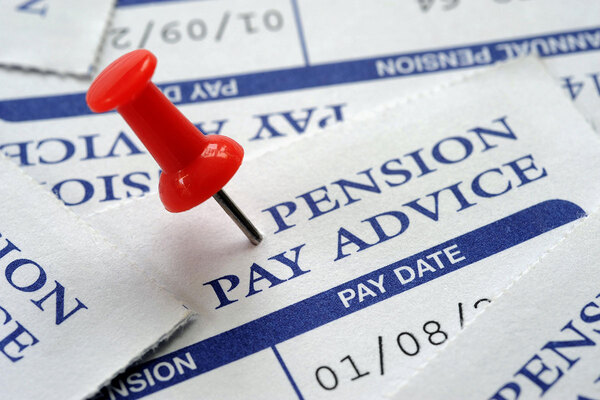You are viewing 1 of your 1 free articles
Housing crisis not caused by lack of supply, says Tony Blair Institute
The UK’s housing crisis is not caused by a lack of supply and 300,000 new homes a year would not make a significant impact on house prices and rents, the Tony Blair Institute for Global Change has said.
The thinktank, which published a report today written for the UK Collaborative Centre for Housing Evidence (CaCHE), said meeting the government’s 300,000 target would only cut house prices by around 10% over 20 years and that the supply shortage story was a “red herring”.
The report was written by Ian Mulheirn, executive director and chief economist of Renewing at the Tony Blair Institute, for the CaCHE.
He said that low mortgage interest rates and global economics, including international demand to buy up property in London, are behind the 160% rise in real-terms house prices since 1996 – the year before Tony Blair’s 10-year stint as prime minister.
Increasing housing supply is likely to lead to a rise in the number of empty homes rather than boost levels of ownership, the report claimed.
Instead, it said politicians should focus on reversing the erosion of social housing stock, ending housing benefit cuts and improving wage growth for young people to tackle affordability problems in the rented sector.
And the institute warned that increasing homeownership without crashing the mortgage market will require “more fiscal intervention” to subsidise first-time buyers or reducing “financial incentives” for landlords.
Commenting on the report, Mr Mulheirn said: “Politicians of all stripes are unanimous in seeing an increase in supply as the solution to our housing crisis.
“The supply shortage story is a red herring. Building 300,000 houses per year will do very little to bring down house prices in Britain and next to nothing to raise homeownership.
“The real culprit for sky-high house prices is low global interest rates that have made it easy for homeowners and investors to take on large amounts of mortgage debt and pay ever more for houses.”
The report said there were 1.1 million more homes than households in England last year, up from 660,000 when house prices hit a low point in 1996.
